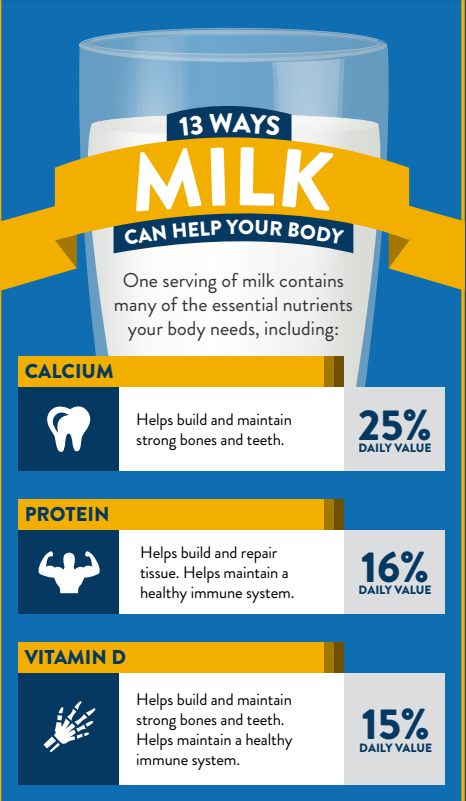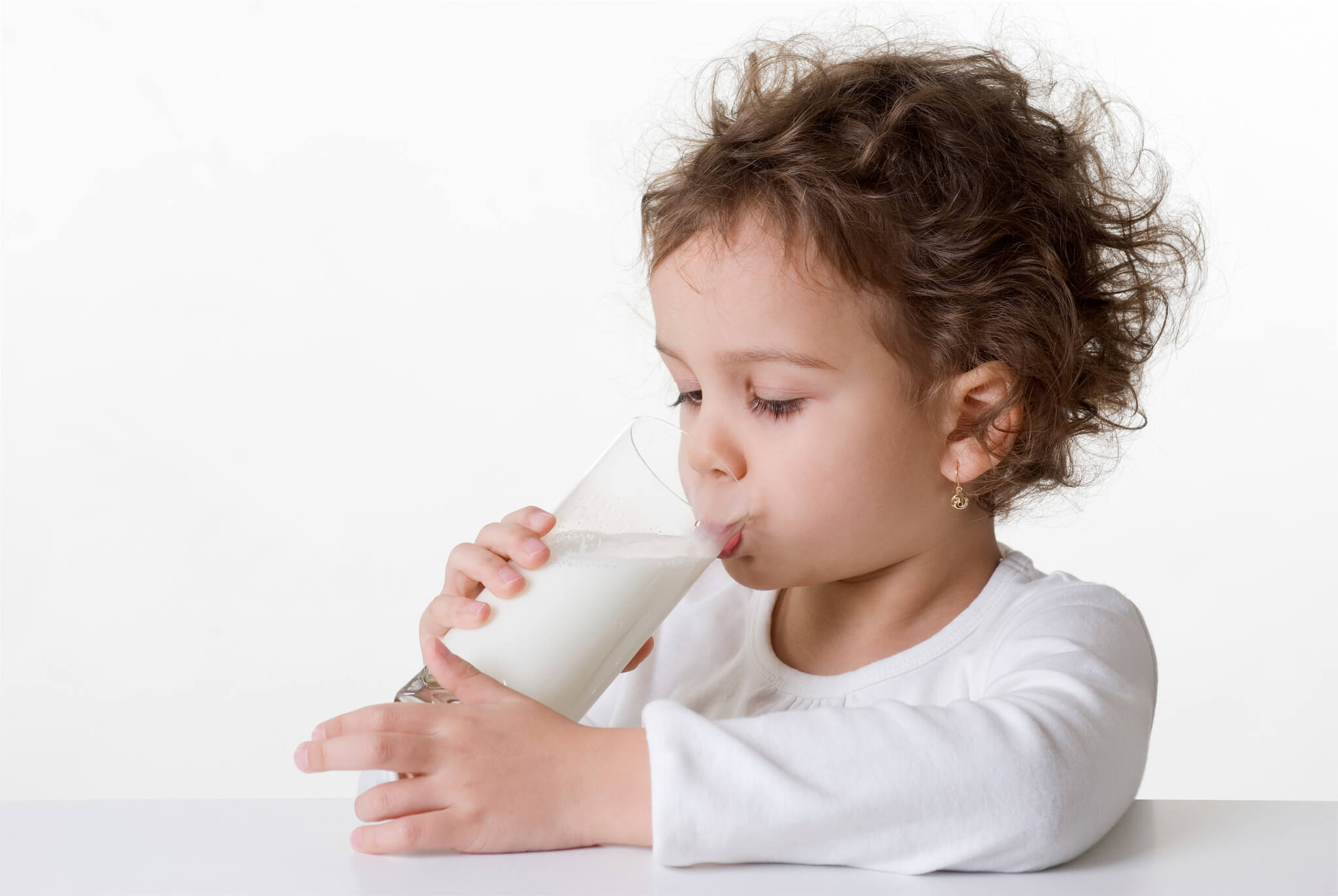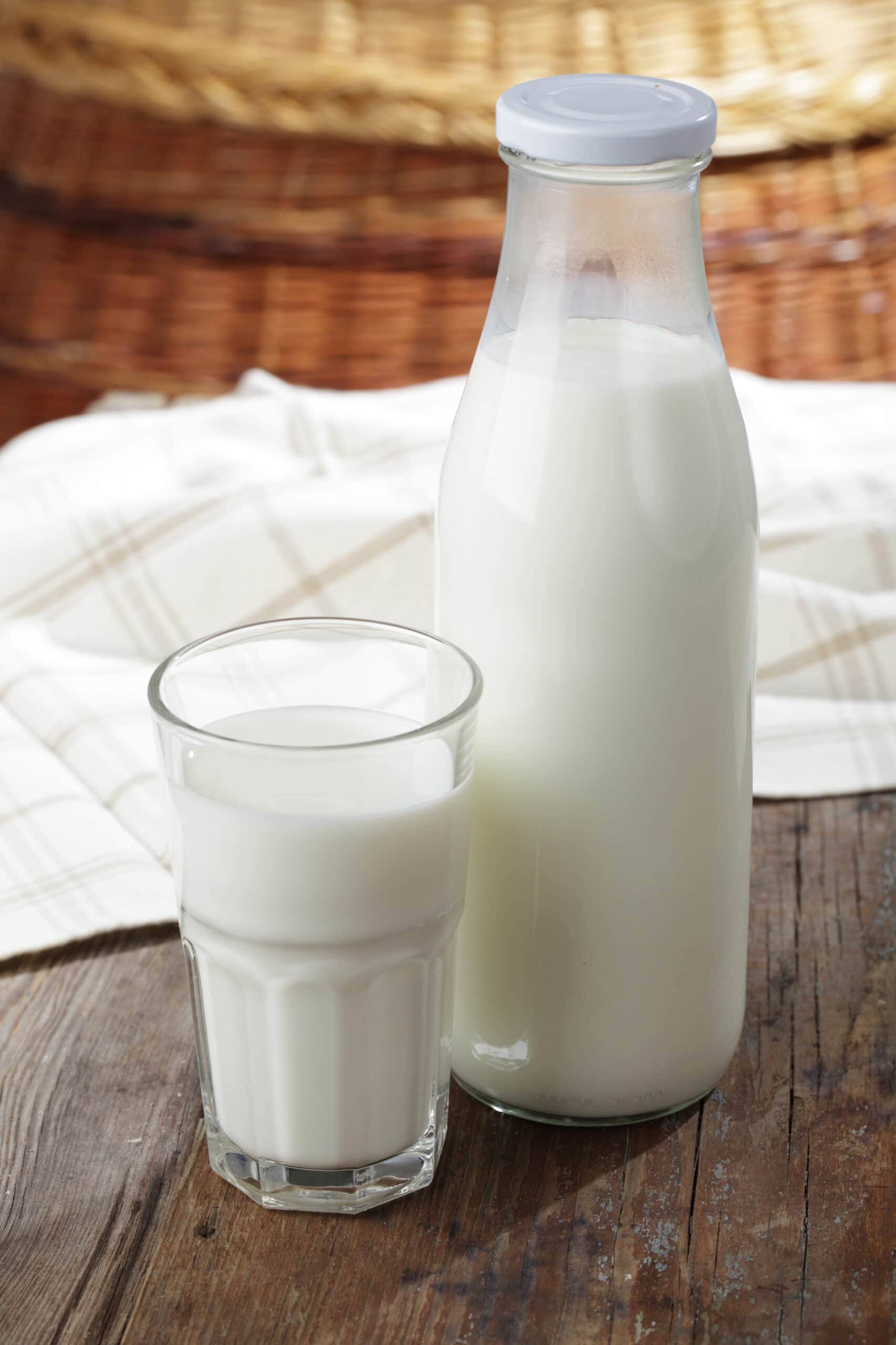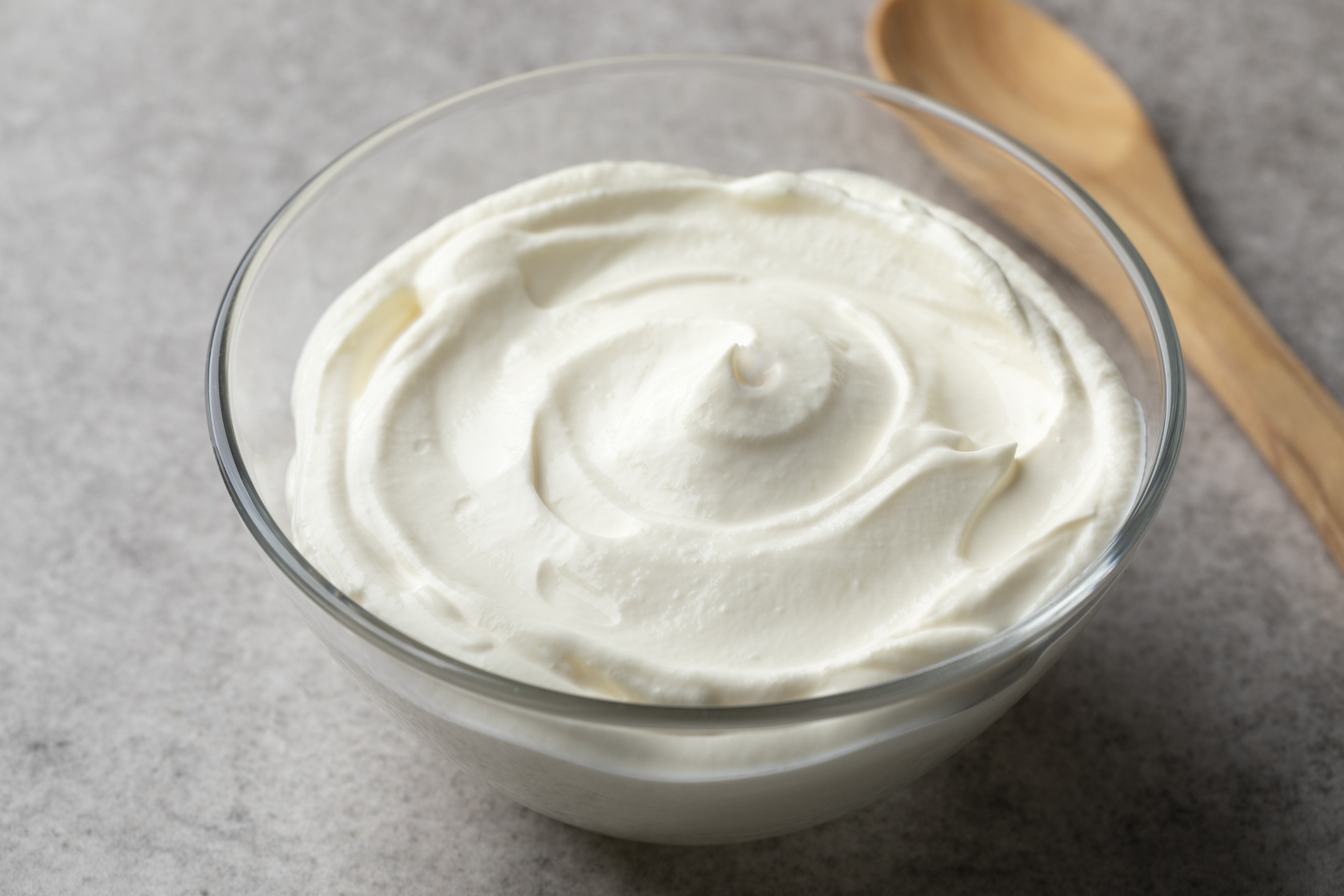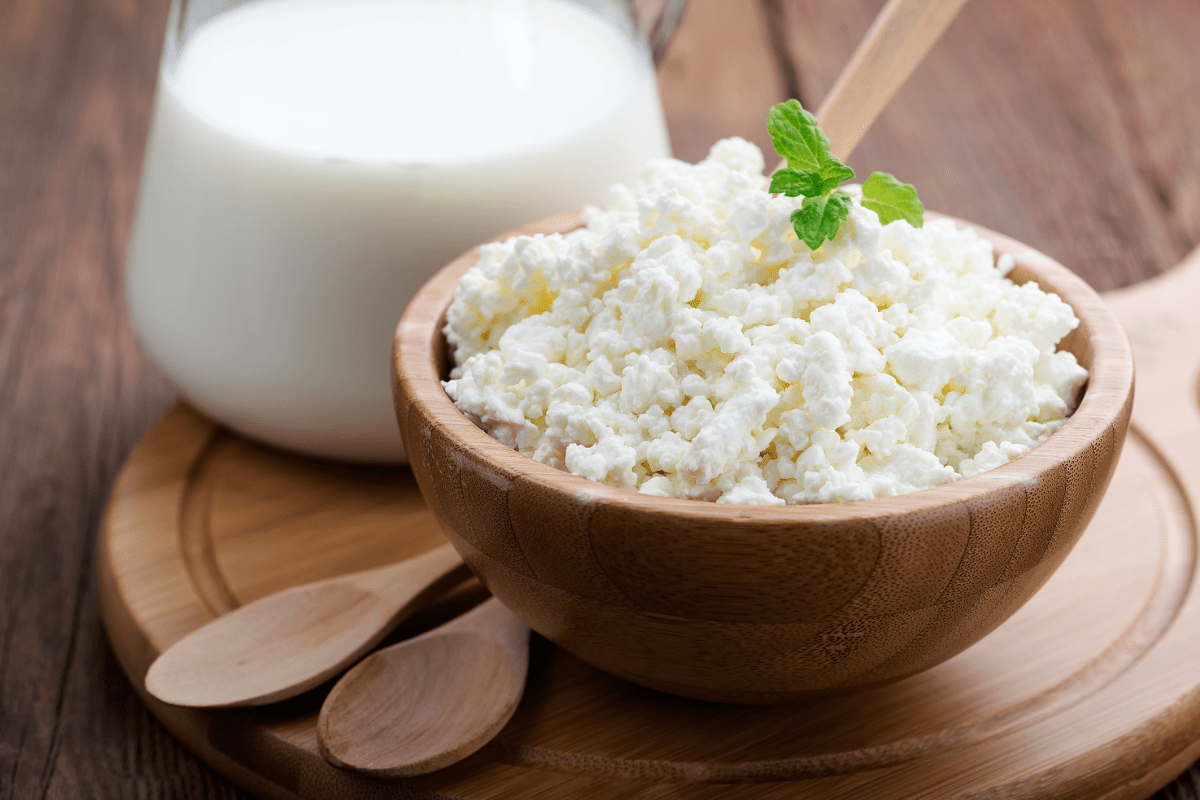Protein in Milk
Protein is an indispensable component of a balanced diet, serving as the building blocks for vital processes within the human body. Protein helps give us the fuel we need to be our best each day, it helps curb hunger as it allows your body to feel full longer. Whether you’re an athlete looking for more energy or just looking to keep a healthy diet, protein is critical.
There are a variety of foods that offer the benefits of protein. Milk and milk-based products including cheese and yogurt are great sources of high-quality protein. Among the plethora of protein sources available, milk stands out as an exceptionally valuable and complete protein source, with its unique blend of essential amino acids. From supporting muscle growth and repair to fortifying bone health and enhancing overall nutrient intake, the protein found in milk offers a holistic approach to maintaining a healthy and thriving lifestyle.
Milk Nutrition Facts
Milk plays a key role in health and well-being. Many are aware of the connection between drinking milk and having healthy bones, but the health benefits go far beyond just bone health. Eating dairy foods like milk, yogurt, and cheese is associated with reduced risk of hypertension, type 2 diabetes, and cardiovascular disease outcomes and mortality.
Just one 8-ounce serving of milk contains:
- Calcium – 25% of your daily value*
- Protein – 16% of your daily value*
- Vitamin D – 15% of your daily value*
- And more!
*Daily value is based of a 2,000 calories a day diet
Milk has about 1 gram of protein per ounce. Meaning a standard 8oz cup of milk has 8 grams of protein.
Milk’s Vitamins and Minerals
In every serving of milk there are 13 Essential Nutrients that help your body stay happy and healthy, they include:
Check out the full infographic from the National Dairy Council showing the 13 essential nutrients and their health benefits!
Milk Proteins
Protein is a macronutrient that is made of building blocks, called amino acids. Amino acids build protein and protein builds muscle, so protein is essential to building muscle mass.
All dairy products, including milk, have two types of protein present – whey and casein.
What is Whey Protein?
Whey is a naturally occurring protein in milk. It is a complete protein, which means it features all the essential amino acids your body needs. It is also easy to digest and very low in lactose. It is often referred to as the ‘fast’ protein because of its rapid release of amino acids to muscles.
Whey is separated from milk naturally during the cheesemaking process. The whey is then pasteurized and often dried into a powder form to be used in a variety of ways. Whey is a great tool to help muscles build and repair after exercise. You will often find it in products like drink mixes, energy bars, and protein powders that are targeted for those who lead a healthy, active lifestyle
What is Casein Protein?
Casein is the other naturally occurring protein in milk. It is the ‘slow’ protein as it takes longer to digest than whey. This means that it stays in your system longer. Research suggests that taking casein before bed can help you sleep better since it takes most of the night for the body to absorb the amino acids.
The current Dietary Guidelines for Americans (DGA’s) developed by the U.S. Department of Agriculture and the U.S. Department of Health recommend 10-35% of total calories a day come from protein. However, more may be needed for athletes or the elderly. The ideal amount for your lifestyle is best determined with a registered dietitian. By spreading out high-quality protein throughout the day, you can help your body get the most from its protein all day long.
Health Benefits of Milk
Speaking of health benefits, decades of research confirm that there are numerous health benefits for those who include milk and milk products as part of their regular diet.
Health Benefits for milk and dairy products include the following:
- Reduces the risk of type 2 diabetes, cardiovascular disease.
- Dairy foods contain nutrients that are integral for building and maintaining healthy bones throughout a lifespan.
- Milk’s powerful nutrient package has several benefits for post-exercise recovery.
- A growing body of research supports benefits of higher protein diets not only for athletic and fitness performance, but also for weight management and healthy aging.
Dairy products offer a multitude of benefits that should not be overlooked.
The DGA’s recognizes that dairy foods play an important role in healthy eating patterns from infancy through adulthood. In fact, about 90% of Americans could benefit from adding an extra serving of low-fat or fat-free dairy food to better meet daily nutrient goals and optimize overall health across the lifespan.
Embracing a balanced diet that includes sufficient protein from dairy sources can lead to improved body composition, enhanced energy levels, and better immune function.
As we strive for healthier lifestyles, let us not forget the importance of incorporating dairy and protein-rich foods into our daily meals, ensuring a foundation of strength and vitality for ourselves and future generations. So, raise a glass of milk, savor the flavors of yogurt and cheese, and let these nutritious delights be a cornerstone of your journey towards a happier and healthier life.

